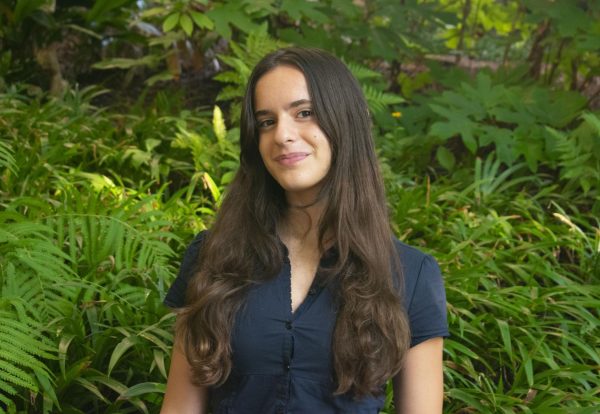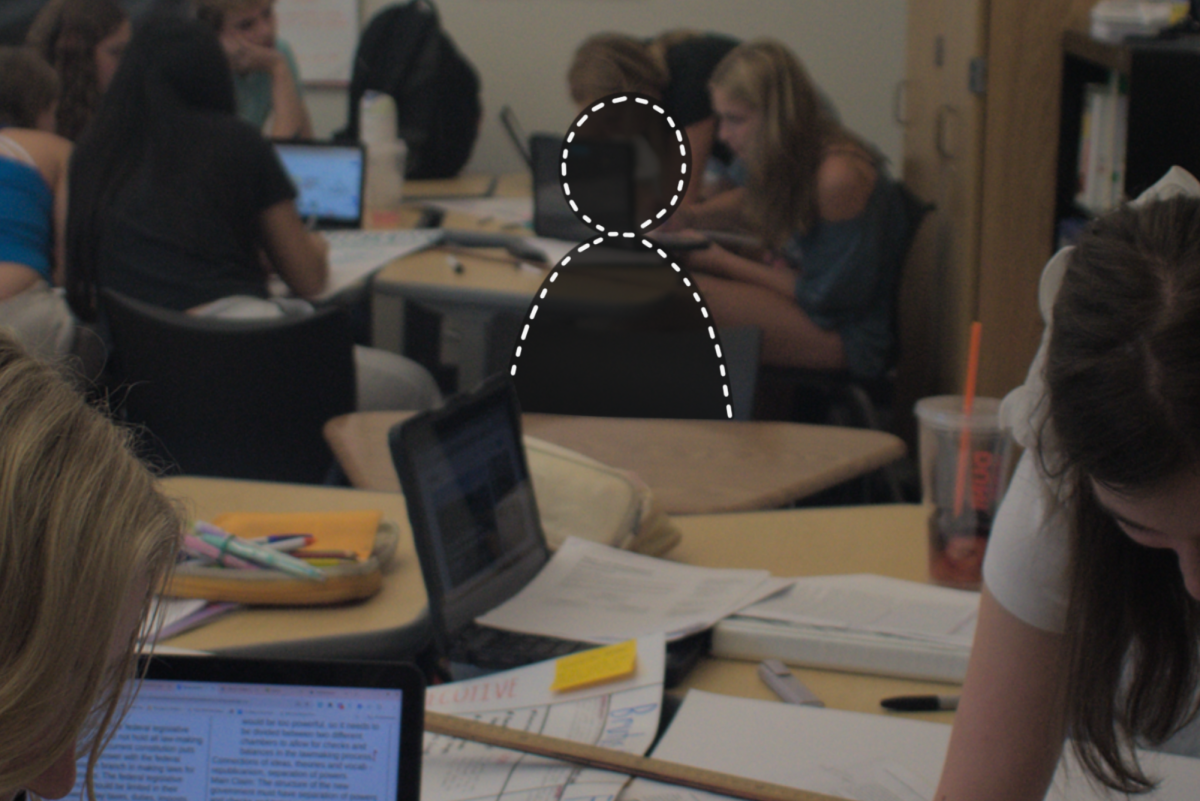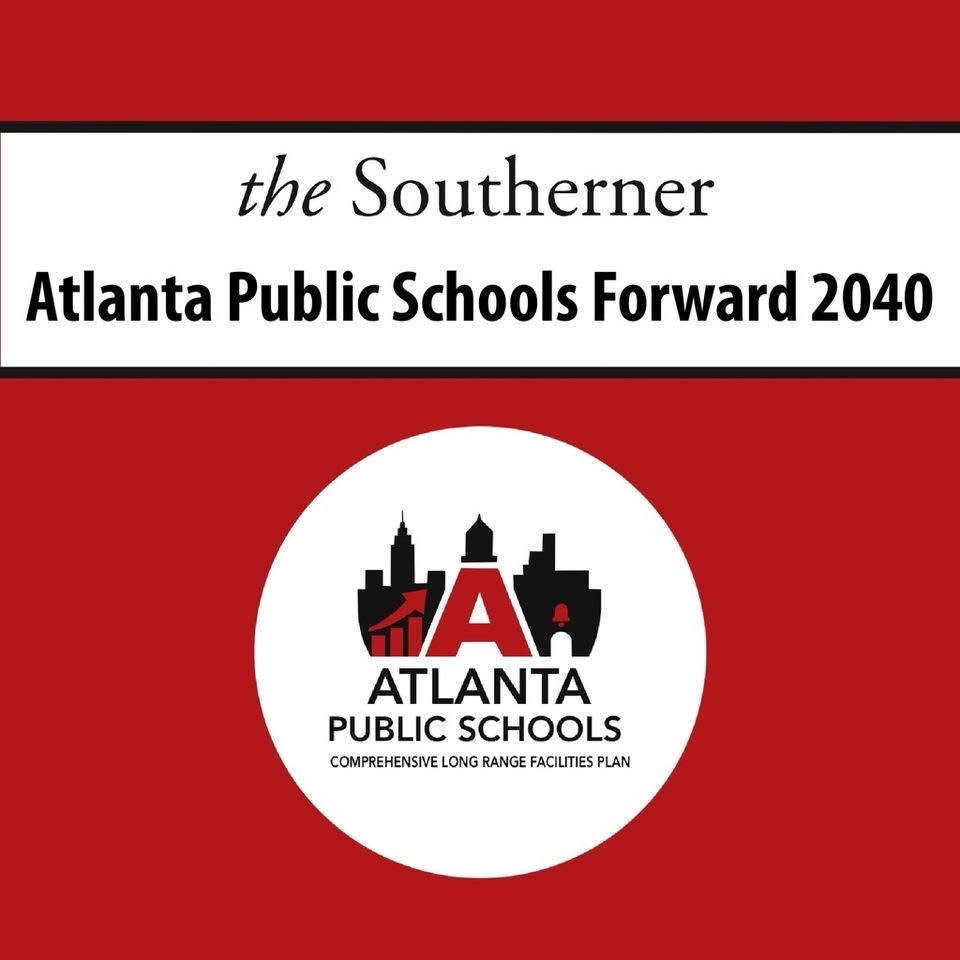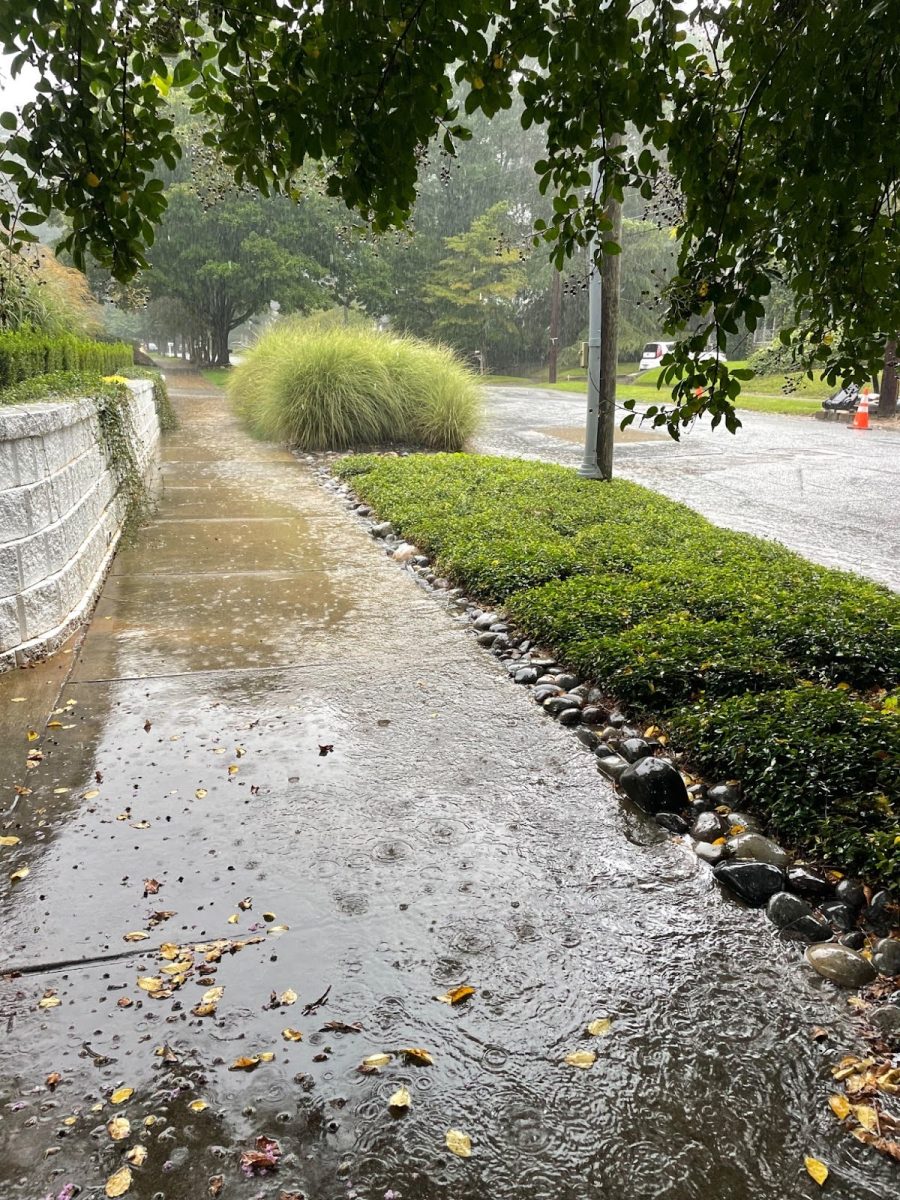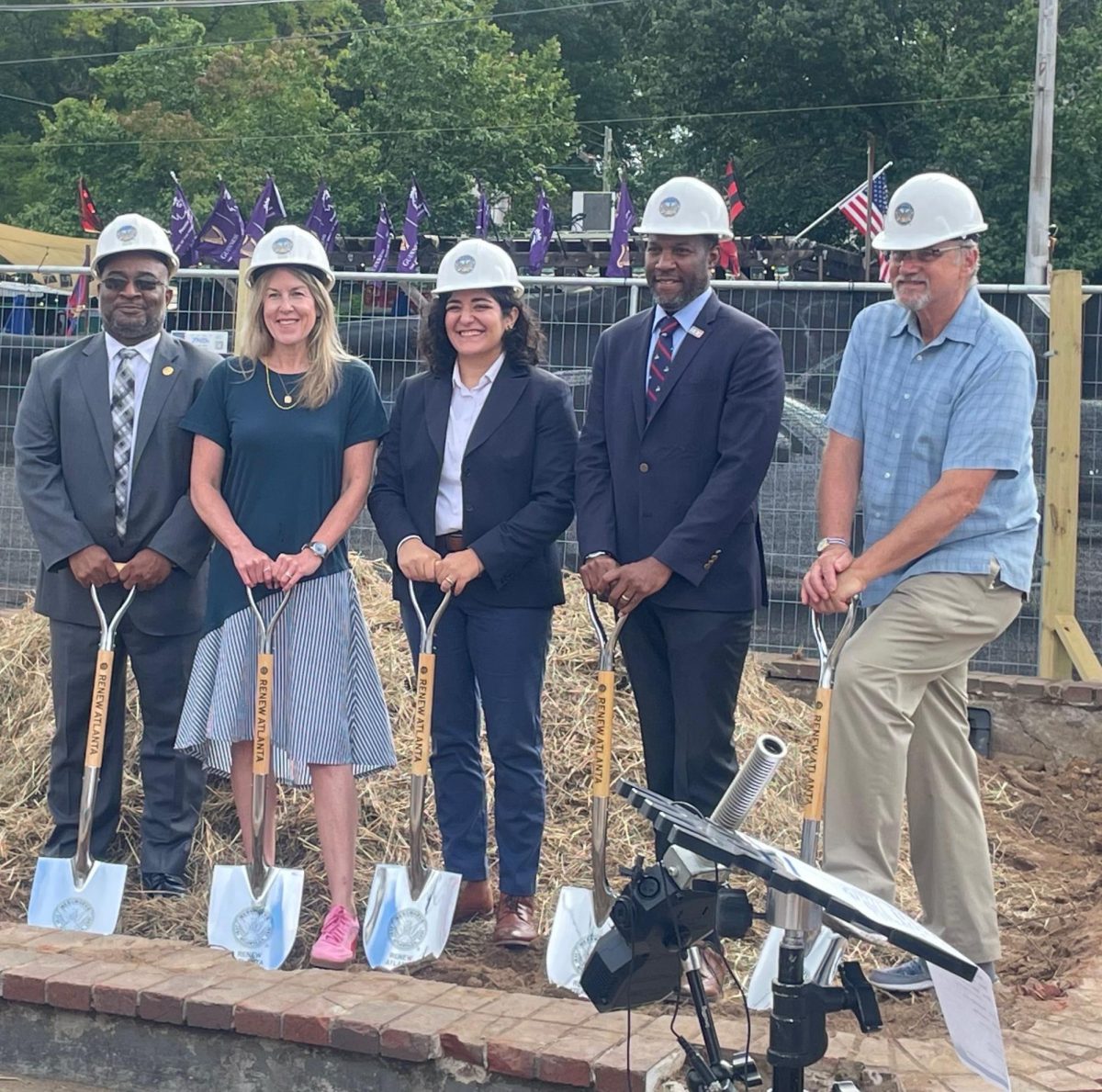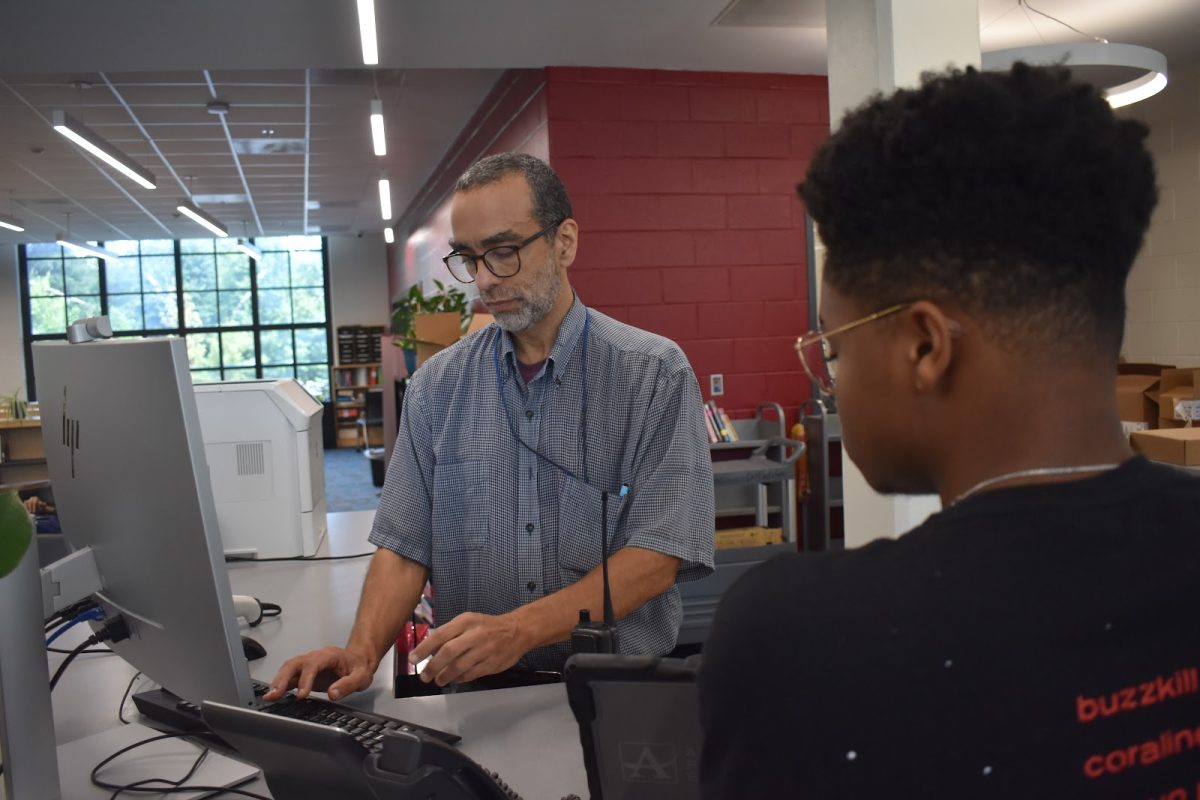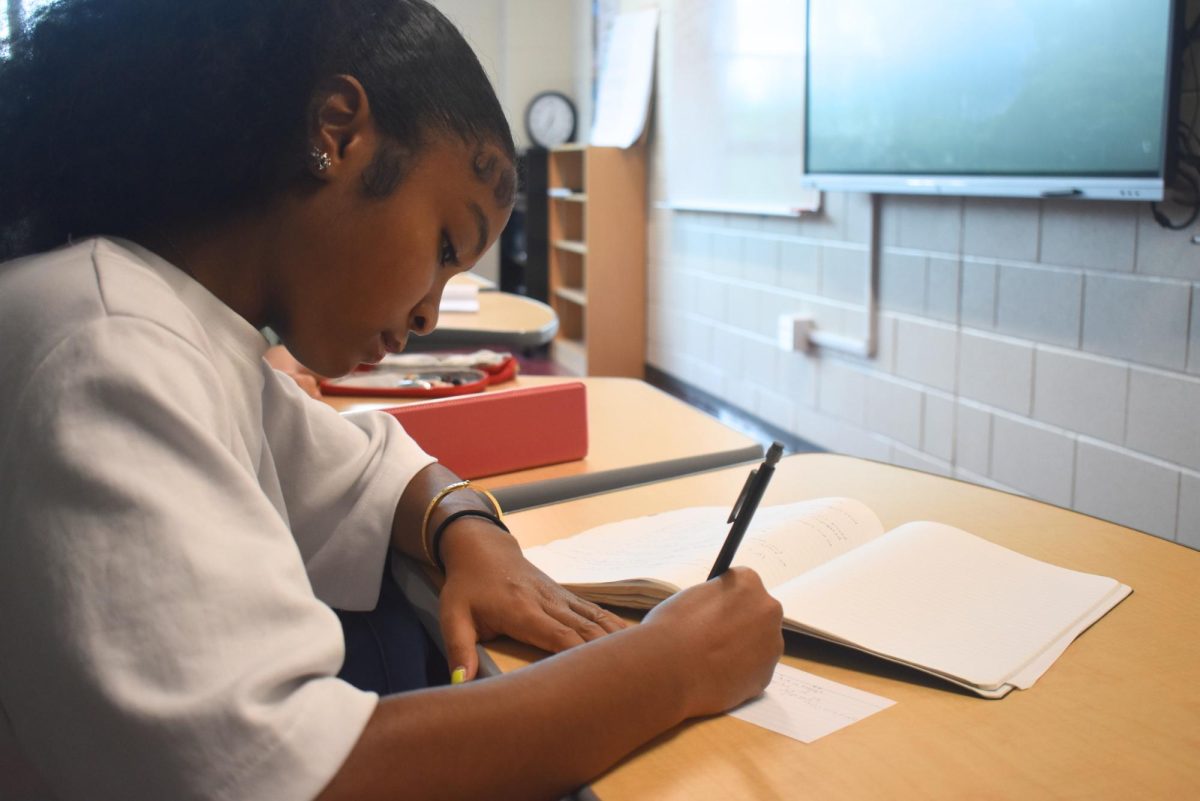Non-profit organization Youth Policy Exchange gives Georgia youth voice in policy-making

Georgia representative Imani Barnes founded the non-profit organization Youth Policy Exchange (YPE) in April, 2025. The organization gives students a platform to meet with Georgia lawmakers and provide input for new policies.
The program will begin in June following the end of the 2024-25 school year. The first meeting will take place on Zoom. Afterward, based on student responses, policies will be drafted and presented to Georgia’s local and state legislation.
“I just started [Youth Policy Exchange] from sitting down with teenagers and hearing [their] ideas,” Barnes said. “There are adults drafting policies for teenagers, but we are not getting the teenagers point of view. So I started a non-profit [organization] so I can get [their] point of view on policies. We will draft policy over this summer and turn them in into elected officials, so we can better draft policy that fits you all.”
Barnes believes it is important for students to communicate their ideas to policy makers. Doing so can inform politicians and create representative policy, Barnes said.
“[Students] have a voice,” Barnes said. “It does not matter how old or how young that voice is. [The younger] generation understands what [they] need and I feel that bringing [a younger] voice to the table along with more veteran politicians would be a good way to develop policy that could better help [them], instead of politicians making policy and not really understanding what [they] need.”
Barnes believes new initiatives, such as Youth Policy Exchange, can address student concerns.
“It is extremely important to hear the point of view of people in [a young] age group because [students] are dealing with things that older people did not deal with while we were in school,” Barnes said. “I draft policy from [student] ideas and the issues that they are going through as well. Because [lawmakers] don’t just draft policy for adults, I think that [Youth Policy Exchange] is important because there are so many more stressors than there were about five or 10 years ago.“
Civics teacher Sean Jackson believes increased representation can encourage youth civic engagement.
“When students see that the political process is working for their best interest, it will create more interest and buy into the political process,” Jackson said. “Many students and adults are not interested in the political process because they do not see or understand its benefits. “
Education Advocacy Club Advisor, Lisa Boyd, believes youth representation is imperative to future success.
“Students don’t get as much credit as they deserve for understanding what impacts them,” Boyd said. “Often adults just say, ‘well students are going to pick the easy way out’, but I think that as a teacher, I know how intelligent, how knowledgeable [and] how passionate students can be. They want what’s best for themselves [and] what’s best for the future. The vast majority of students really want great education, they want opportunities, they want equity for other students. Giving them this voice is absolutely crucial for getting policies created, but also changing the way that adults, especially legislators, think about students and perceive them.”
In Georgia, nearly 61 percent of students are reliant on free lunches. Barnes said many students have expressed concern over the quality of free meals and conditions in which lunches are served.
“I fight for free school lunch for students in the state and they told me, ‘we appreciate you fighting for free lunch in the state, but we don’t eat it,’” Barnes said. “So [students] gave me ideas, and they were like ‘we don’t even eat the lunch, so you are fighting for us and we throw it in the trash…’ I was thankful for that because now I can better draft this policy and now I am going to fight for better quality food while I fight for free lunch [for students].”
Research suggests that poor nutrition largely impacts education, and can cause reduced academic performance and achievement. In Georgia, federal regulations require that school lunches contain whole grains, fruits, vegetables, lean protein and reduced sodium and sugar.
“[For] many of our students we have who are struggling economically, these breakfasts and lunches are their most stable meals of the day,” Boyd said. “So ethically and socially, we have a responsibility to make this food as nutritious as possible. If students are undernourished, that is an educational disadvantage that would put them behind for the future.”
Currently all 59 Atlanta Public Schools offer free meals, including Midtown. Boyd believes there is a nutritional imbalance in the food served at Midtown.
“Kids have said that this year [the food] is much better than it was last year,” Boyd said. “But, when I see people’s trays there is too much brown on the plate, there is not enough color. That is something that bothers me. I don’t see the proper balance in terms of what needs to be there for health and diet.”
In addition, Barnes said students have expressed concern about the number of lunch workers, and allotted time given for student lunches.
“[There is] not enough cafeteria workers so [students] can get food on time and have time to eat without rushing,” Barnes said. “In that instance, I asked students, ‘how do you think we can fix this?’ If I come up with a solution, that is pointless, but I want to know what [students] would think would help this situation out. They were saying that you get 30 minutes for lunch, but it takes about 20 minutes to get your food because there are two lunch ladies serving the whole cafeteria. Then, [students] are rushing to eat, or rushing to class and getting marked tardy if you do take your time and eat. [A] solution [we came up with] was to hire more lunch ladies.”
Boyd believes it essential for the state of Georgia to invest in nutritional lunches, and reduce inequities between school districts.
“One of the biggest issues, and this is because so much of school funding happens at the local level, and not from the state level, that there is such inequity or imbalance between school systems,” Boyd said. Some school districts have far more money, more access, than others do, so the equity issue and having that addressed at the state level is really important.”
Research indicates that voting is a habitual practice and is influenced by a person’s surroundings. In recent years, voter turnout has declined. Jackson believes political involvement as a student facilitates civic participation into adulthood.
“It is important for students to be involved in the political process because it will translate to adults who are involved in the process,” Jackson said. “Things that we are exposed to as a young adult tends to follow us the rest of our lives, especially once we see the impact that thing has on our lives.”
In the future, Barnes hopes to advance Youth Policy Exchange to become nationwide.
“I want [Youth Policy Exchange] to go nationwide,” Barnes said. “I want other states to adopt this, so they are drafting policies that help their youth in that specific state. What youth in Georgia need, and what youth in Minnesota, or New York need are totally different. Of course we want school safety, but how does school safety in New York look compared to how it looks down here. So I want it to go nationwide, but it will get started here in Georgia and spread it across the nation.”
Barnes hopes to unite Georgia’s politicians and youth through Youth Policy Exchange.
“I’m bringing everyone together because I want [students] to build a platform,” Barnes said. “I want students to build the social media page, the website, and it kind of puts [their] touch on the atmosphere of [Youth Policy Exchange]. If I do it, then it will not reach [the younger generation]. I want this to reach them; I want [their] ideas.”
Boyd believes having students involved in politics encourages informed civic participation and politically proactive adults.
“I think [Youth Policy Exchange] is really important because research shows us if students are not involved in the political process while they are learning about the political process that they are less likely to actually become voters when they are adults,” Boyd said. “So, I think getting students involved now, while they are learning about how the government works, how it impacts them, while they have adults who can pass along knowledge to them, I think that is so valuable.”
Through Youth Policy Exchange, Barnes hopes to create policies that are representative of Georgia’s youth.
“We want to reach [the younger] generation, so [they] are more motivated to go vote, more involved in politics, so that [they] understand that [they] have a voice, even at [their] age,” Barnes said “So that is what I hope YPE brings to the table, to get [young people] more involved in politics. Whether that is school board politics or local politics, but I want [them] all to be involved because everyone is making decisions without [them] at the table.”
